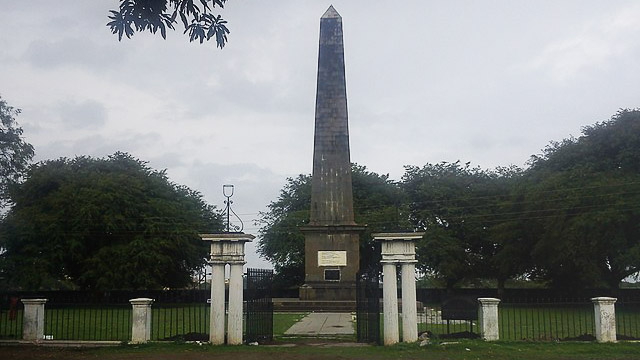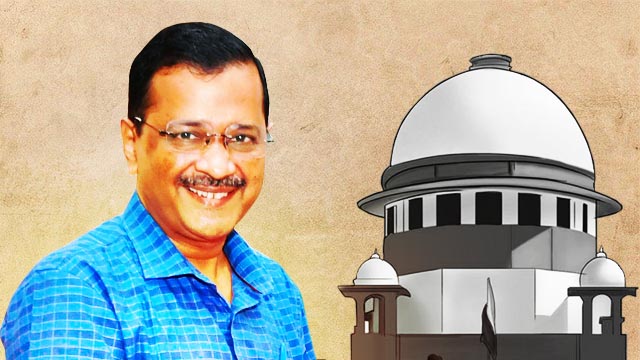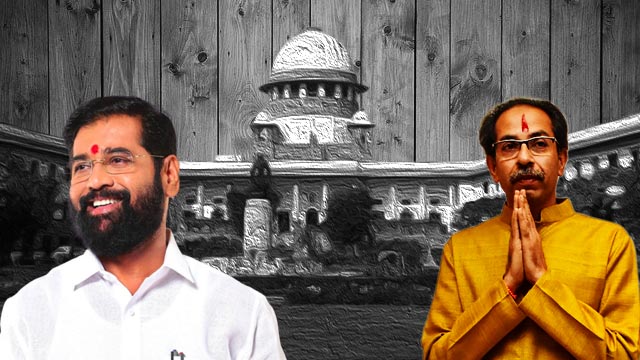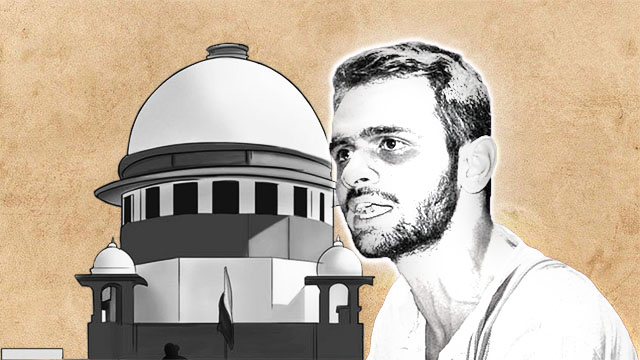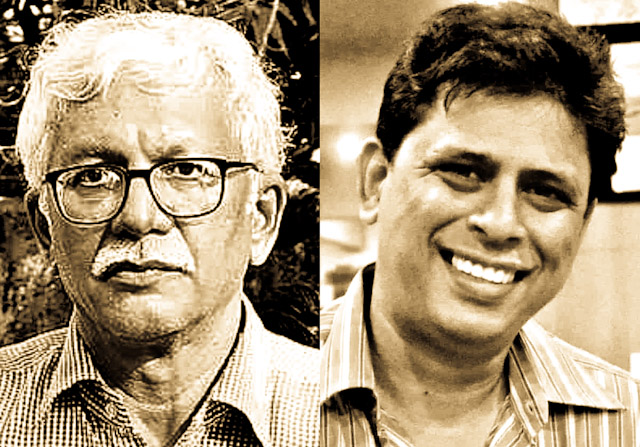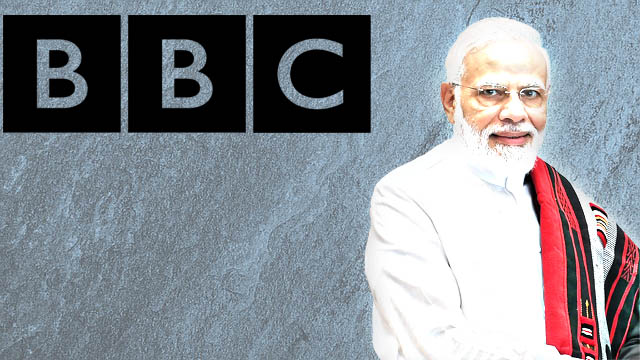On Wednesday, June 6th, Sudhir Dhawale, Surendra Gadling, Rona Wilson, Shoma Sen and Mahesh Raut, who were arrested for the Bhima Koregaon violence of January 2018, completed five years in prison under the draconian Unlawful Activities (Prevention) Act (UAPA).
This was the first batch of activists arrested for the “Elgaar Parishad” programme that took place in December 2017. The police alleged that they were the masterminds behind the violence that took place on January 1st 2018 in Maharashtra’s Bhima Koregaon.
Arun Ferreira, Vernon Gonsalves, Gautam Navlakha, Sudha Bharadwaj and Varavara Rao were arrested after these five. Later, Anand Teltumbde, Father Stan Swamy, Hany Babu, Ramesh Gaichor, Sagar Gorkhe and Jyoti Jagtap were also arrested for inciting violence.
Though Bharadwaj and Rao were later granted bail due to their frail health, Father Swamy, an octogenarian, died in prison in 2021, allegedly due to medical negligence by the authorities. Although several arguments have taken place in the court, and mass movements also took place throughout India and abroad demanding the release of these accused, their incarceration continues uninhibited.
The Bhima Koregaon violence
On December 31st 2017, a conference was organised by the left and Dalit rights organisations near Pune in Maharashtra, which was presided by a retired Supreme Court judge. The conference called upon the left and Dalit organisations to organise a massive rally to commemorate the 200th anniversary of the Bhima Koregaon battle, which took place between the Peshwa rulers of Maharashtra and the British colonial forces.
The battle of Bhima Koregaon is portrayed as a glorious episode by several mainstream Dalit organisations as the British colonial forces consisted of soldiers from the Dalit Mahar community, who fought the largely upper-caste forces of the Peshwa.
The Elgaar Parishad conference called upon the Dalits to participate in the commemoration event in large numbers. It asked them to seek inspiration from the battle to defeat the dispensation of Prime Minister Narendra Modi’s Bharatiya Janata Party (BJP) and its parental body Rashtriya Swayamsevak Sangh (RSS).
The organisers allegedly compared the BJP and the RSS to modern Peshwas and called upon the Dalits to oust the rule of these Hindutva-driven organisations. Many Dalit organisations allege that the BJP and the RSS have an agenda of establishing Brahminical supremacist autocracy by transforming India into a “Hindu Rashtra” (Hindu theocratic state).
On January 1st 2018, when thousands of Dalits reached the monument raised by the British colonial rulers to commemorate the valour of the Mahar soldiers, they came under attack from an armed mob of a few thousand people. The attackers accused the Dalits of glorifying British colonial rule and undermining the nationalist aspiration of those who fought against colonial aggression.
Scores of people were wounded in the violence and two Dalit activists were killed. The police arrested over 300 people for the violence and began a large-scale crackdown on trade unions, Dalit rights organisations, intellectuals and cultural organisations like the Kabir Kala Manch.
First information reports (FIRs) were filed against Hindutva activists Sambhaji Bhide and Milind Ekbote at Pimpri for perpetrating violence and attacking the Dalits who participated in the rally to celebrate the 200 years of Bhima Koregaon battle. However, civil rights activists allege that despite FIRs against Bhide and Ekbote, who are reportedly close to the RSS, the police started an operation against the activists, journalists, lawyers and writers.
The police investigation
Before arresting Dhawale, Gadling, Wilson, Sen and Raut in the first tranche, the police started raiding working-class and Dalit slums in Mumbai and New Delhi. The police allegedly targeted the Bombay Electricity Contract
Workers Union activists. It also raided the residences of members of the Kabir Kala Manch.
After these raids, the police arrested Dhalwale, Gadling, Wilson, Sen and Raut. They were first charged with plotting the so-called caste riots and the police accused them of being frontal workers of the proscribed Communist Party of India (Maoist). The police claimed that the Maoists were trying to incite violence in urban and rural areas under the garb of civil rights organisations.
Following the arrest of the first five in June 2018 for the Bhima Koregaon violence, the Maharashtra Police claimed that they have unearthed a Maoist conspiracy to assassinate Prime Minister Modi. The evidence presented by the police for a media trial was a letter purportedly written to activist Rona Wilson by a certain Maoist named ‘Comrade M’. The letter allegedly chalked out a plan to assassinate the prime minister.
Years later, a US-based forensic firm named Arsenal Consulting, which examined the computers of Wilson and others, claimed that the so-called letter of ‘Comrade M’ was planted in the device using malware. There have been allegations that the state machinery has used an Israeli spybot named Pegasus to hack into the phones and other gadgets of those arrested.
In the meantime, the case was handed over to the National Investigation Agency (NIA) by the BJP-led Maharashtra government before it collapsed in October 2019. The trial of the accused is still going on without any progress in the last five years. The NIA has not been able to prove anything substantial rather than conspiracy theories in the court, while the incarceration of the accused under the UAPA continues to prolong.
Travesty of justice
Under the UAPA, it’s the responsibility of the accused to prove their innocence. Hence, the denial of bail is the norm in such cases. It’s alleged by civil rights organisations that the process itself becomes a punishment for the accused, as they continue to languish in the prisons even if they are innocent and are later acquitted of charges.
The Bhima Koregaon violence and the subsequent arrests have provided the scope to Modi’s opponents to highlight an alleged travesty of justice in India. While on the one hand, they highlight the impunity with which Hindutva-incensed activists like Bhide and Ekbote operate, on the other it also highlights the plight of the rights activists, journalists and writers who criticise the government and face punitive actions from the state for their political stance.

